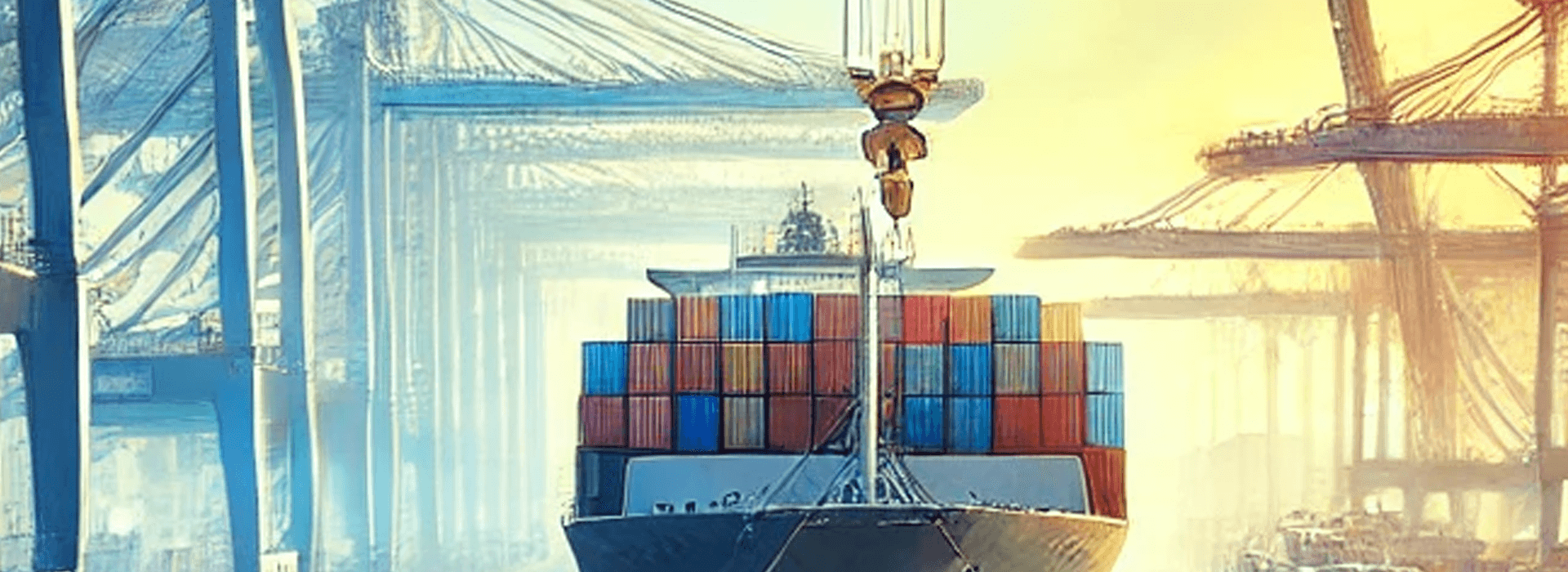Ready to Save?
Our pricing is performance-based: a small percentage of the refund you receive, with rates that decrease as claim volumes grow. Transparent, competitive, and lower than traditional providers.
Document Management
Upload invoices, entry summaries, and more. We link documents to claims and can relay them to customs.
Channel Partners
Customs Brokers, Transportation Service Providers, and Marketplaces hold critical import/export and item data that helps Importers file Duty Drawbacks seamlessly. We make partnership dead‑simple.
- Automated data sharing via APIs & secure file drops
- Co‑branded onboarding for mutual Importer clients
- Revenue‑share & warm lead referrals
- Audit‑ready document passing (7501s, invoices, proofs)

